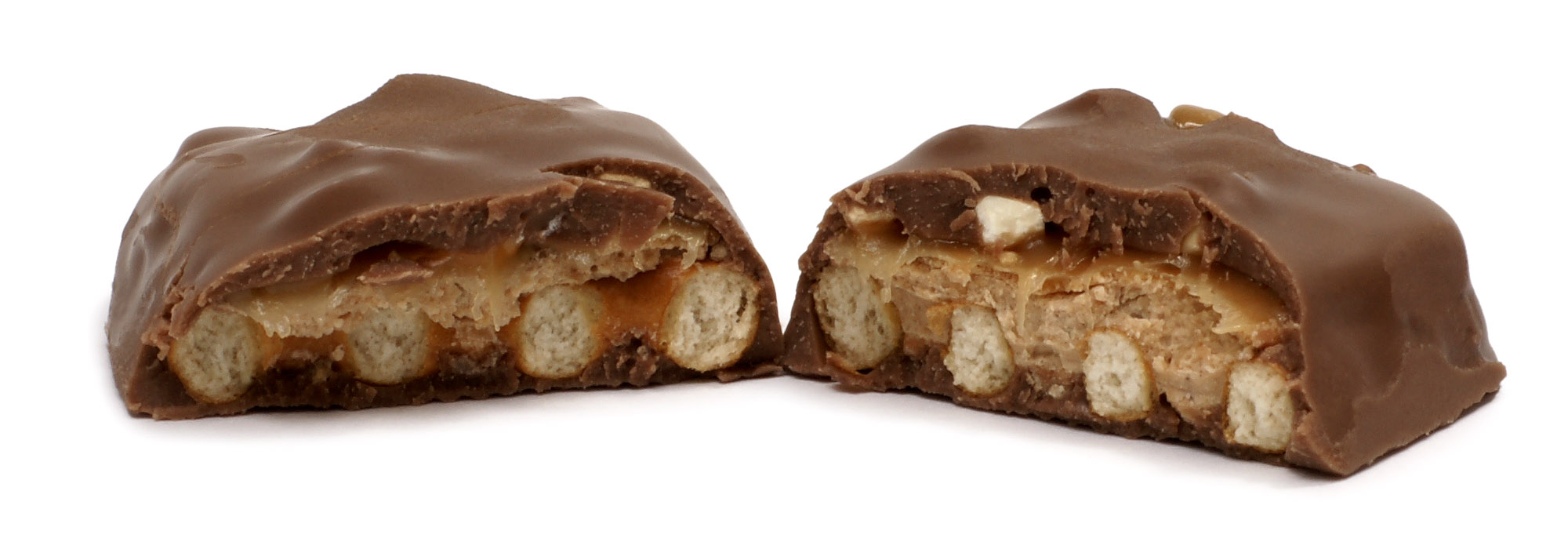A “Chocolat”y Perspective on Halloween
“Once upon a time, there was a quiet little village in the French countryside, whose people believed in tranquilité—tranquility. If you lived in this village, you understood what was expected of you. You knew your place in the scheme of things. And if you happened to forget, someone would help remind you….So through good times and bad, famine and feast, the villagers held fast to their traditions. Until, one winter day, a sly wind blew in from the North…”
–The Storyteller, Chocolat
The sly wind, in this case, is Halloween. It blows in the faces of Christians, stirring up words like pagan, occult, and chocolate. And where some prefer the tranquil village life, as a matter of tradition or conscience, others stand with open arms, welcoming the gust with gusto.
Why is there not a consensus on the tricky topic of Halloween? Philosopher/theologian Ken Samples suggests that Halloween may be a “gray area” for Christians. While some see no harm in giving out (and better yet, receiving) candy on October 31, others hold steadfast to the conviction that celebrating Halloween trivializes the holiday’s historic connections to pagan practices. For these individuals, donning costumes in hopes of getting sweeties does not sit well with their conscience.
Samples adds that “while the Bible expressly forbids a believer’s involvement in certain pagan and/or occult practices (Deut. 18:9–13), for the vast majority of American families Halloween has nothing to do with the practice of, or belief in, occultism.” Therefore, condemning the holiday because of its origins comes “perilously close to committing the genetic fallacy,” which is to evaluate something in terms of its origin and fail to acknowledge how it has changed.
Just within the last few decades the church’s stance on Halloween has gone through several shifts, inspiring everything from hell houses to harvest festivals and trunk-or-treats. Today many churches see Halloween as an opportunity to reach out to people within their community—a way to engage culture not by stepping back but by stepping up.
Lisa Blackwell, special events coordinator at Water of Life Community Church, says “Trunk or Treat has grown to become our largest local outreach event. This year we are expecting over 10,000 people to attend and enjoy the food, fellowship, and candy.”
Children’s Ministry volunteer and mother of two, Juanita S. says she and her family enjoy dressing up and trick-or-treating because “it’s all about shining God’s light on Halloween.” And Bryan Walter, drummer at Mosaic’s Inland campus, sees Halloween as a way to “promote community by getting to know the neighbors and having a spirit of giving.” (His favorite part: free candy!)
Close-up of Take 5 (not to be confused with Take Two)
Speaking of free candy, the unwritten code is that the good stuff, the stuff kids want (and the stuff parents happily “tax”) is chocolate. Something equally delicious is this little nugget of wisdom, once again from the film Chocolat:
We can’t go around…measuring our goodness by what we don’t do. By what we deny ourselves, what we resist, and who we exclude. I think we’ve got to measure goodness by what we embrace, what we create…and who we include.
Ultimately whether one participates in Halloween celebrations is a personal choice based on the heart’s conviction. So rather than throwing judgment, let’s respect others’ decisions and instead offer some understanding (and maybe some candy, too). nom
What do you and your family do on October 31? Share some of your favorite traditions.
-Sandra






